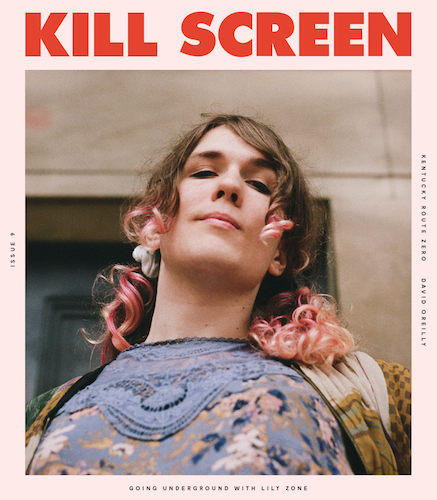
///
Will Partin:
Fear, in his last year of competitive play, frequently affixed “Kobe” to his in-game tag, one of many references he’d make to his impending retirement. And, yes, in a general sense the comparison is fair, at least as far as aging legends go. Fear is one of those. Period. Ergo Kobe. But even if Fear saw himself as a Kobe, he’s always been more a Tim Duncan in my eyes; quietly studious, immaculately competent, and consistent through teams both good and ill (the less said of the late 2013 iteration of Evil Geniuses the better). But let’s not forget that Fear didn’t actually win a serious LAN until 2014, nearly a decade into his competitive career. Even so, he was already regarded as a legend, perpetually seen as a prodigy in sense of proportion.
Beyond the Dota 2 world, Fear is best known as one of the three protagonists in Free to Play, Valve’s docu-tisment for Dota 2. Let’s be frank about his role in that film: Fear was (and is) many things, but he is not a naturally born entertainer (one need only revisit his interviews to see the paucity of charisma; asked once at a tournament whether there was anything he’d like to get off his chest, he simply replied “I play DotA.”). While Dendi’s career was framed by the loss of his father, and hyhy the desire to win back an old girlfriend, Fear just wanted a new desk. (He got it). But, in many ways, this only underlines the banal sublimity of Fear-the-player; rarely flashy, but always there. Is it really a surprise that he shined most as a player in a series of metagames that didn’t slavishly valorize the safelane carry, the position in which he nevertheless made the majority of his earnings?
The longest I ever spoke with Fear in person was at MLG Columbus 2013, when Evil Geniuses’ Dota 2 division was at its absolute lowest. I was interviewing him for a profile that would later be published on the organization’s website, and though he was polite, humoring me with answers to every question I asked, it was obvious that he was distracted. There’s no doubt in my mind that he was thinking about Dota 2, even though he’d already been eliminated. Call it conjecture, but my sense is that his retirement won’t be an tranquil one (already, he’s tweeted, “it’s time to take my talents to matchmaking.”). There’s a part of him that will never stop competing; that’s who he is, was, and will be. And so, though we’ll always have the matches, the memes, and the memories, we’ll never know what else we’ve lost.
///
Dan Fries:
Fear is daddy af.
The affection with which North American Dota fans coined and used the nickname “Old Man Fear” for Clinton Loomis suggests an atypical image for esports, wrapped up in his experience and his beard rather than who he pissed off or how smart he is. In Free to Play, he contrasts pretty starkly against the star power of Dendi, and ends up seeming quiet and focused. At one point, he suggests that growing up without his father has led to him taking that position on his team. “I kinda play like the father figure, I guess,” he says.
Loomis goes on to talk about his social role with other players, but it’s also true that as a safelane carry, he provided rocksteady reliability for years. His role on Evil Geniuses, as an anchor and an older player, led to jokes about his having raised his two teenage teammates, Artour Babaev and Sumail Syed. He’s only two years older than Saahil “UNiVeRsE” Arora, but in photos of the team on the pedestal at The International 2015, Fear’s grinning like a proud dad. He seems like a player who’s had a coaching role for most of his career, and I think he’ll settle well into playing that part full-time. Who knows how many more youngsters he’ll bring up.
Justin Groot:
Call me old-fashioned, but I don’t believe you can judge a person’s true nature by the faces they put on in public, the interviews they give to documentary makers, or the way they behave on the stage. So none of that stuff is why I love Fear. Instead, an elucidative clip:
Fear, after Merlini takes the rune: “Okay, go fuck yourself, Loomdun. Die in a fucking fire.”
Brief pause, into which Merlini injects a bemused > Affirmative.
Bashfully: “Oh, that’s Merlini. Just kidding.”
Fear never lost the irascible NA Dota sense of humor. In the fan community he has a reputation for being a father figure, a sanguine elder revered by teammates for his wisdom and experience. And I’m sure his teammates do respect him. Everybody does, for good reason: the man is a legend. But that doesn’t mean he’s let the fame and success get to him. I suspect that even after earning millions, Fear’s core self hasn’t changed a bit. Even in retirement, he’s still just one of the boys.










